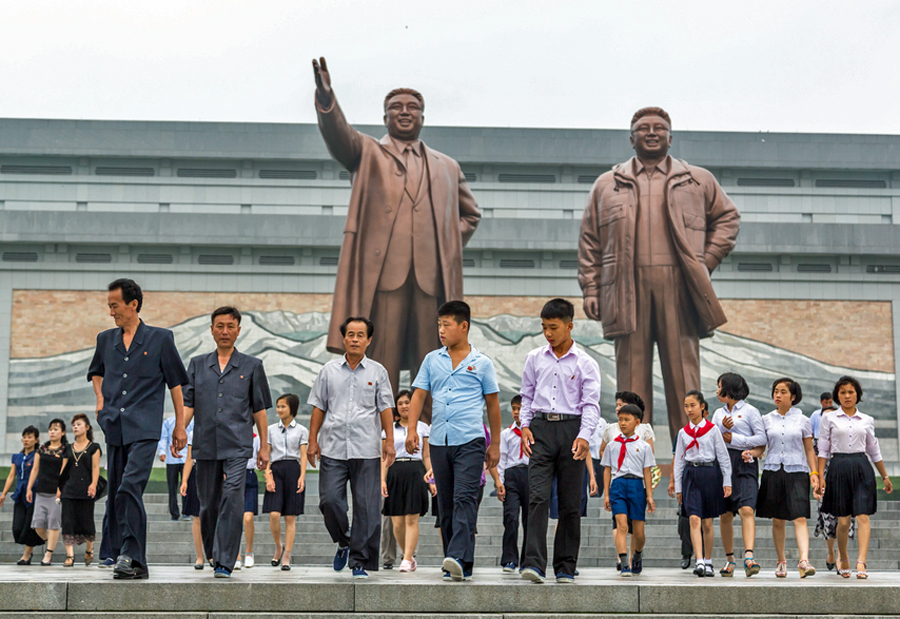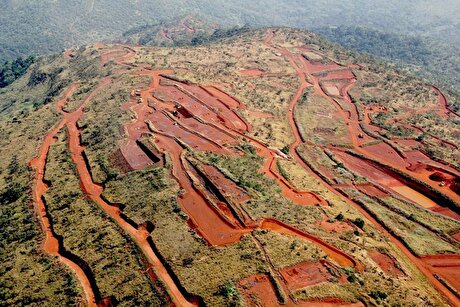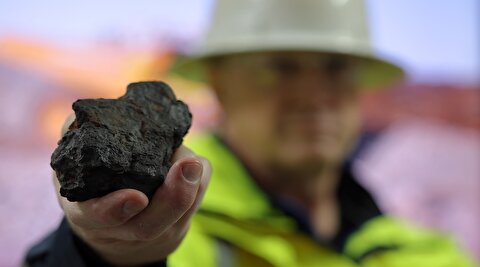
Chinese coal imports from North Korea plummet

While the UN Security Council ban on Pyongyang's sale of coal, iron ore, lead, lead ore and seafood are only due to come into force this month, China began to enforce the restrictions in mid-August. The September coal cargoes were valued at $44 million which translates into $86 a tonne, a deep discount to the ruling price for metallurgical coal.
Coal imports for the first nine months of 2017 totalled 4.83m tonnes. Last year China imported 22.4 million tonnes of anthracitic coal that can be used as an alternative to coking coal in the steelmaking process from North Korea, a nearly 15% rise from 2015. That placed the Asian country just behind in Australia as China's number two supplier of met coal.
In the past China skirted embargoes against North Korea on humanitarian grounds, saying a ban would hurt ordinary citizens of the impoverished country, but pressure on Beijing has increased as Kim Jong-un's nuclear missile program advances.
Coking coal is trading nearly $140 a tonne below its mid-April peak when the price of jumped to highest since the second quarter of 2011 due to disruptions related to cyclone Debbie in the state of Queensland.
But most producers would probably be happy with today's price around $178. In November 2015, the spot price fell to a record low of $75 a tonne. Coking coal averaged $121 a tonne in 2016 and $90 the year before.
China's imports of iron ore and lead concentrate from North Korea also fell sharply in September, back to levels last seen at the start of the decade according to Reuters calculations.
Lead ore and concentrate shipments came in at just 1,321 tonnes, worth $1.18 million, down 84% from a year earlier. Iron ore shipments plunged 98% to just over 3,000 tonnes, worth about $55,000. Chinese exports of gasoline and diesel to North Korea have fallen to close to zero.


Gold price edges up as market awaits Fed minutes, Powell speech

Glencore trader who led ill-fated battery recycling push to exit

Emirates Global Aluminium unit to exit Guinea after mine seized

UBS lifts 2026 gold forecasts on US macro risks

Iron ore price dips on China blast furnace cuts, US trade restrictions

Roshel, Swebor partner to produce ballistic-grade steel in Canada

US hikes steel, aluminum tariffs on imported wind turbines, cranes, railcars

EverMetal launches US-based critical metals recycling platform

Afghanistan says China seeks its participation in Belt and Road Initiative

First Quantum drops plan to sell stakes in Zambia copper mines

Ivanhoe advances Kamoa dewatering plan, plans forecasts

Texas factory gives Chinese copper firm an edge in tariff war

Pan American locks in $2.1B takeover of MAG Silver

Iron ore prices hit one-week high after fatal incident halts Rio Tinto’s Simandou project

US adds copper, potash, silicon in critical minerals list shake-up

Barrick’s Reko Diq in line for $410M ADB backing

Gold price gains 1% as Powell gives dovish signal

Electra converts debt, launches $30M raise to jumpstart stalled cobalt refinery

Gold boom drives rising costs for Aussie producers

First Quantum drops plan to sell stakes in Zambia copper mines

Ivanhoe advances Kamoa dewatering plan, plans forecasts

Texas factory gives Chinese copper firm an edge in tariff war

Pan American locks in $2.1B takeover of MAG Silver

Iron ore prices hit one-week high after fatal incident halts Rio Tinto’s Simandou project

US adds copper, potash, silicon in critical minerals list shake-up

Barrick’s Reko Diq in line for $410M ADB backing

Gold price gains 1% as Powell gives dovish signal

Electra converts debt, launches $30M raise to jumpstart stalled cobalt refinery

















